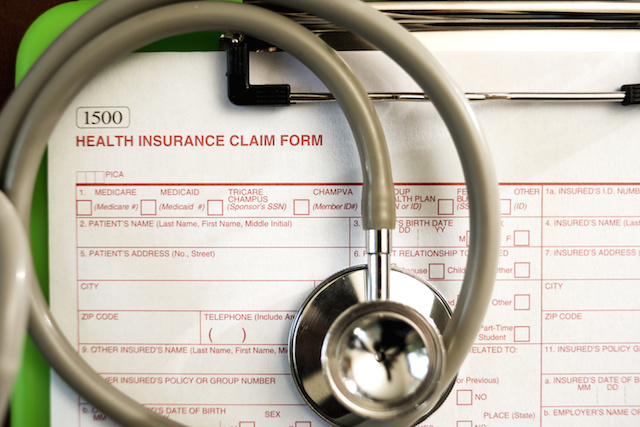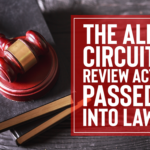You probably already know that Medicare and Medicaid fraud is an enormous problem in the United States, but even avid followers of the news underestimate its true weight on American taxpayers and the economy at large. Federal regulators estimate that around $100 billion is lost to fraud each year from Medicare and Medicaid fraud, with Forbes magazine suggesting that estimate may be way too low. This works out to about $7,000 per U.S. taxpayer. And where does that money go? Straight into the pockets of criminal actors at all levels of the U.S. healthcare system, from doctors to large HMOs and hospitals to fly-by-night business proprietors.
One of the chief ways that the federal government combats Medicare and Medicaid fraud is by allowing individuals to pursue False Claims Act (FCA) claims in the courts against fraudulent actors to recover damages and penalties for fraud, with the chief incentive (beyond restoring justice) being recovering between 15% and 25% of the ultimate proceeds in such suits as whistleblower rewards.
This means ordinary citizens can walk away with millions of dollars by doing the right thing by reporting Medicare and Medicaid fraud. Oftentimes, it is doctors, administrators, and other healthcare workers that bring forward FCA claims, but essentially anyone – including patients and their family members – can conceivably win a FCA claim and collect a whistleblower reward for reporting Medicare and Medicaid Fraud.
Signs That Medicare or Medicaid Fraud is Occurring
Criminals who engage in Medicare and Medicaid fraud obviously have a great interest in trying to cover their tracks and continue their criminal acts, but, oftentimes, it is the patients and their family members themselves who are in the best position to spot fraud. First, fraud is often carried out by conspiracy and there is an interest among other healthcare employees and entities to perpetuate the fraud. Second, patients and family members know what services have actually been rendered and can spot errors in billing.
Here are several signs Medicare and Medicaid fraud might be occurring:
- You receive invoices for services that were never provided
- Invoices include drugs or supplies that were never administered or provided
- Your invoices include drugs that are different from the drugs provided
- Invoices include double billing for services, drugs, or supplies provided once
- There are discrepancies on dates or number of hours of service provided
- Doctors, nurses, and others pressure patients into receiving treatments, tests, or drugs that are not needed or are for non-existent conditions
- Your provider waives charges without explanation
- Your records show a doctor visit that was actually performed by a nurse or other non-doctor
The good news is that you do not have to conclusively investigate Medicare and Medicaid fraud on your own. If you have reason to suspect fraud, contact an experienced whistleblower attorney who can discuss your concerns in a 100% confidential consultation, and, if there is sufficient evidence of fraud, then provide you with counsel and start-to-finish guidance on how to bring forth your FCA claim and potentially collect a significant whistleblower reward.
Work with Experienced Whistleblowing Attorneys You Can Trust
Our nation and its taxpayers rely on courageous insiders like you to come forward with information that can stop harmful Medicare fraud. Our experienced healthcare fraud attorneys will work with you every step of the way to determine your appropriate course of action, protect you from retaliation, and collect your much-deserved reward. If you suspect that someone is committing Medicare or Medicaid fraud, contact us today for an evaluation of your allegations.




